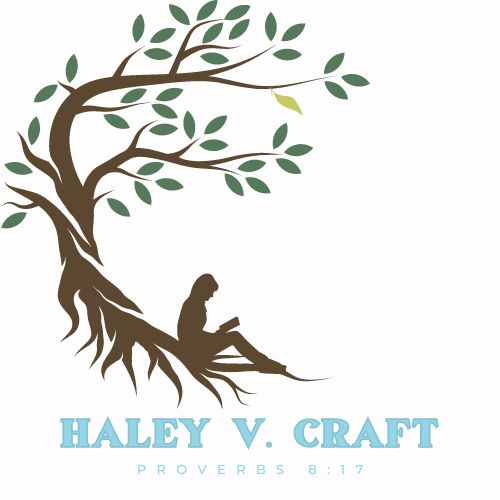One of them, a lawyer, asked Him a question, testing Him, “Teacher, which is the great commandment in the Law?” And He said to him, “You shall love the Lord your God with all your heart, and with all your soul, and with all your mind.” This is the great and foremost commandment. The second is like it, “You shall love your neighbor as yourself.” On these two commandments depend the whole Law and the Prophets.”
—Matthew 22:35-40
Today’s post is a bit of a confession. I always write about things that speak to me in Scripture or in a sermon I’ve heard recently, but today I am especially convicted by what God is showing me.
In the past year or two, I have been drawn more and more to learning about the cultural context in which Scripture was written. If you take the time to look into the context, even just a little bit, you suddenly find that Scripture is bursting with layers of meaning you will never be able to see if you don’t put on the cultural lenses of the time.
To that end, I recently bought the book Rediscovering Israel: A Fresh Look at God’s Story in its Historical and Cultural Contexts by Kristi McLelland. Y’all, it didn’t even take two pages to slap some hard truth on me—in a good, but also humbling way.
We’re going to look at this passage in light of two of those pieces of cultural context I learned on the second page of chapter one.
The first is this: McLelland writes, “The Jewish people believe that anytime we do the smallest thing to love God or love our neighbor, we cause the kingdom of God to come down to the ground” (14). Think of the Lord’s prayer. “Your kingdom come.” It wasn’t just a prayer for the future, but also for the present.
Most of us have heard of this passage. Some Pharisees are looking for a reason to get rid of Jesus, so they push the cleverest one in the group forward and have him ask Jesus a question they could never answer and end up stunned by the fact that Jesus always seems to have the perfect answer.
So here’s my confession. I have always been a person who loves knowledge and learning new things, especially when it comes to learning new things about Scripture and the God Who inspired it. That’s not a bad thing, but there is a division in this verse—the Pharisees, who also loved to seek knowledge of Scripture, and Jesus, Who knew Scripture but focused more on loving the people around Him—and I definitely don’t think my actions generally put me on the right side of that division.
For all the biblical knowledge these Pharisees collectively possessed, in this instance, it wasn’t them who were helping bring about God’s kingdom on the earth. If anything, they were hindering the spread of God’s kingdom.
It’s always been easy for me to go to church, take notes, study the Bible on my own, and listen to podcasts and video sermons from my favorite speakers and preachers, but I have not excelled in the small acts of kindness and love that help bring about God’s kingdom on earth.
I sometimes struggle to even love the person driving beside me enough to slow down and let them in rather than speeding up and making them merge behind me. I struggle to be intentional about investing in the people God has put in my way because my to-do list is too long and I don’t have time to pause and listen to the story the lady in the store beside me wants to share or be the person that student goes to for advice when they don’t know what to do.
And here’s McLelland lesson number two: “As a culture, we tend to be more like Aristotle, Socrates, and Plato than Jesus, Peter, and Paul in that we are more philosophical: Faith is what we think rather than what we do. Faith is a set of beliefs we cognitively know, more than a lifestyle we walk out—as it is for the Jews” (14).
Turns out life isn’t about the to-do list and the things we can learn about the Bible. It’s about having the faith to put loving others at the top of the to-do list. It’s about expressing our faith by making it a priority to spread God’s kingdom through small acts of kindness and love. Without that, all the knowledge and understanding in the world is useless because it never reaches beyond our own minds and hearts.
Y’all, I’ve got to repent today! If you’re also in a place where you’ve let something distract you from following the two greatest commandments, I hope you’ll join me. It’ll be a good way to start the new year—with a fresh perspective on what it means to walk by faith.






0 Comments